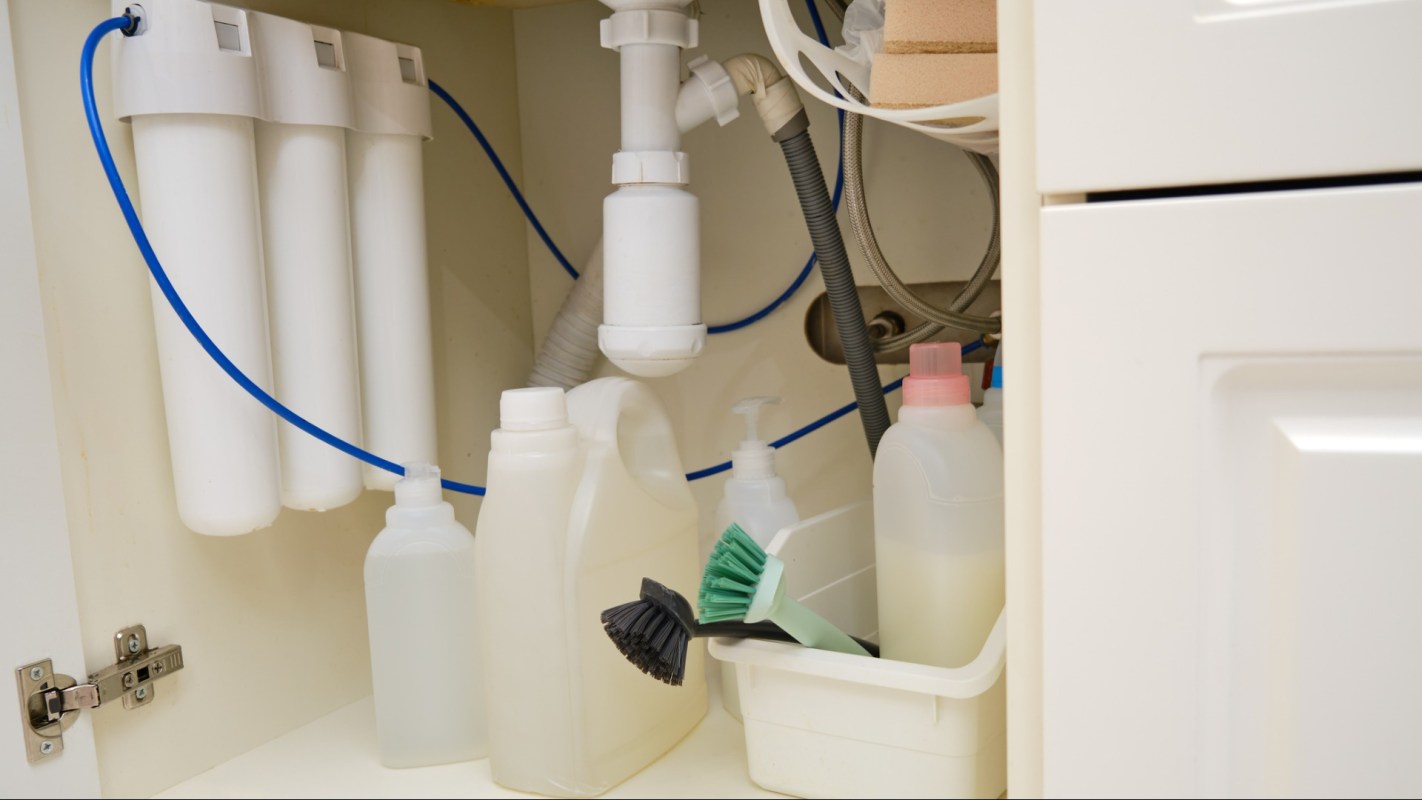Chemicals that are supposed to keep stains from forming on your furniture are falling short of their promise, a new study shows. But, these substances (PFAS) are living up to their popular nickname — "forever chemicals."
As Fast Company reports, the research shows that fabrics treated with these forever chemicals had limited or no effectiveness holding up to coffee and other stains after only a couple of years and were only marginally better than untreated materials in the short term under normal wear and tear.
The human-made chemicals are, however, saturating our lives, showing up even in blood samples. They don't break down naturally and soak into the soil, water, and other parts of our environment indefinitely.
What are forever chemicals?
These synthetic chemicals have been around since around the 1950s with promises of providing stick-free cooking surfaces and stain-free clothing and furniture. They are even in some microwave popcorn bags.
Forever chemicals are used in a variety of industries, including construction, automotive, and electronics, increasing the ways people are exposed, often at work or through product use.
There are more than 9,000 of these forever chemicals identified so far. Because of the unique nature of the chemical bonds that make them, the substances degrade very slowly.
Can they really fight stains?
Fast Company highlighted a study on six fabrics. Three were treated with PFAS, and three were not treated. The treated fabrics had basically no better stain protection in a variety of scenarios.
At best, forever chemicals provided marginal stain fighting, and only when no one used the furniture. The report's conclusion, according to Fast Company, is that PFAS are causing more harm than good on upholstery, and manufacturers should stop using them.
The opinion is echoed by an expert who co-authored the study.
"To have a healthy suspicion of the touted performance benefits of PFAS … is a good strategy," Stanford's Jonas LaPier, a doctoral candidate, told Fast Company.
TCD Picks » Quince Spotlight

Why should you care about forever chemicals?
Forever chemicals have been found in the blood of 97% of Americans in a study, according to the National Institute of Environmental Health Sciences.
And long-term exposure to them is more likely to result in health problems. The Environmental Protection Agency cites studies that link these forever chemicals to reproductive issues, increased risk of certain cancers, and other ailments.
The EPA report falls short of a direct finger-point to PFAS for the laundry list of health problems being studied, but the evidence is mounting. Studies involving children and adults are ongoing. Because forever chemicals are so widely used, everything from household dust, toys, and cleaning product exposure is being examined.
What's next?
More than a dozen states are regulating their use. It's part of an ongoing warning cry from politicians and other experts about the PFAS health hazards lurking among us, Bloomberg reports.
"Let's not beat around the bush here; the chemicals are toxic," Congressman Harley Rouda, a Democrat from California, said during a subcommittee address in 2019. Bloomberg shared his message with those of other politicians on its website.
Stanford's LaPier is ready to send PFAS packing — at least when it comes to stain-fighting.
"It's a clear case of nonessential use," LaPier told Fast Company.
If you are looking for safe ways to clean up stains, grease, and grime around the house, there are many hacks that don't include PFAS, including using more alcohol to clean wine stains.
Join our free newsletter for cool news and actionable info that makes it easy to help yourself while helping the planet.













